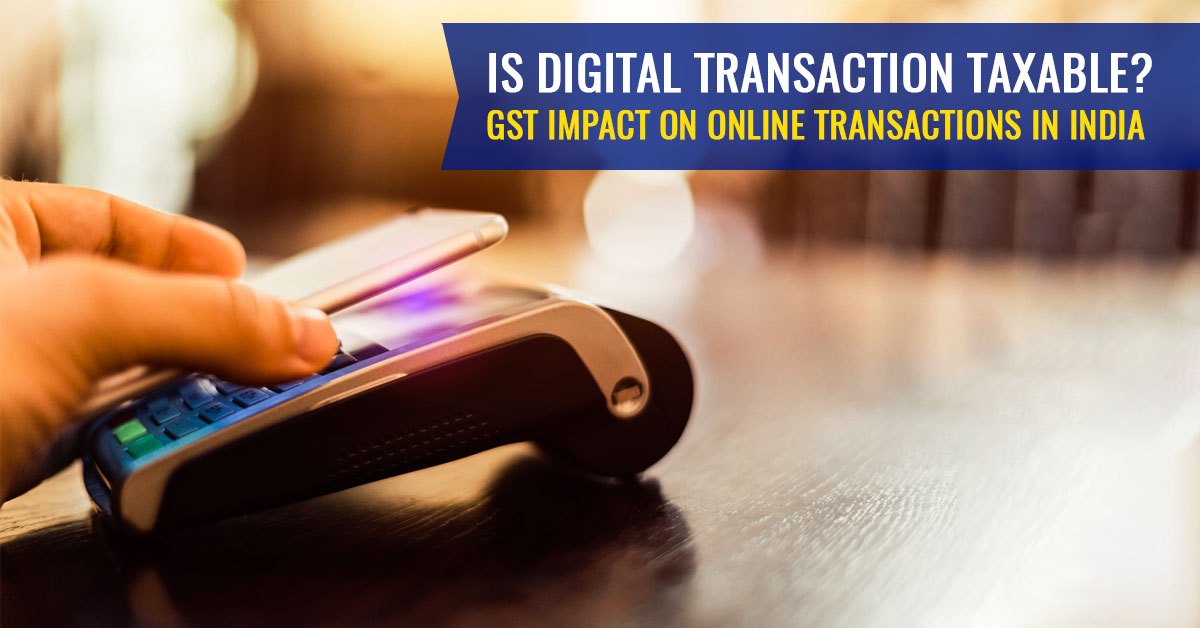GST is Now Payable On These 5 Banking, Financial Transactions: Things to Know!
The GST will impact these 5 banking and financial transactions, and here is what you should keep in mind.

The Goods and Services Tax (GST), has generated a fair bit of confusion, like, for example, what really comes under its umbrella?
Banks and other financial institutions provide us with many services. These services will not attract GST, and neither will services like ATM withdrawals or chequebook issuance. However, certain transactions like the late payment charges on outstanding credit card bills, or insurance policy purchases by NRIs, will attract GST, reports the Financial Express.
To make things easy for you, here are the list of 5 banking and financial transactions, that will attract GST.

1. Sale of repossessed assets
The sales tax and VAT era has seen inconclusive litigation, where the sale of repossessed goods by lenders, is liable to be taxed in the hands of banking/financial institutions which are not otherwise engaged in the business of buying or selling goods. Under GST, we move from ‘sale’ to ‘supply’, and that includes sale, transfer, barter, exchange, licence, rental, lease or disposal. Disposition of repossessed goods by lenders will be liable for GST.
2. Defaulting on loan payments
Don’t default on loan payments, because now, not only will you pay the additional interest on the loan, but will also end up paying GST on that amount. The RBI has tightened the rules to make banks identify, and deal with loan defaulting. Banks must report defaults in the case of borrowers with more than Rs 5 crore, and have 180 days, post reporting, to come up with a resolution for the same.
3.Exit loads charged by mutual funds
Expenses incurred by asset management companies are factored in the net asset value (NAV), of mutual fund schemes on a daily basis. Exit loads are not included in the total expense ratio (TER), charged at the time of redemption, based on the scheme and the tenure of the investment. The exit load, in the form of a fee, will come under the GST umbrella.
4. Life Insurance for NRIs
In the case of life insurance for non-resident Indians, if the premium is received through the Non-Resident External Account, the amount is taxable. This is because the payment is being made in INR, and is not convertible to foreign exchange. Earlier, all three stages of policy life cycles-investment, accumulation and maturity, were free of tax. However, now, the GST will be levied on the same.
You may also like:- Cheaper or Costlier? This is How GST Will Affect Your Everyday Life
5.Credit Card late payment charges
This is the one thing that everyone is guilty of doing—deferring the payment of their credit card bill. Well now, late payment of dues on outstanding credit card amounts will attract GST. Regular credit card payments will not attract GST, but late payment fees, the annual/joining fee, and cash advance fee will be subject to GST.
(Edited by Gayatri Mishra)
Like this story? Or have something to share? Write to us: [email protected], or connect with us on Facebook and Twitter.
NEW: Click here to get positive news on WhatsApp!
If you found our stories insightful, informative, or even just enjoyable, we invite you to consider making a voluntary payment to support the work we do at The Better India. Your contribution helps us continue producing quality content that educates, inspires, and drives positive change.
Choose one of the payment options below for your contribution-
By paying for the stories you value, you directly contribute to sustaining our efforts focused on making a difference in the world. Together, let’s ensure that impactful stories continue to be told and shared, enriching lives and communities alike.
Thank you for your support. Here are some frequently asked questions you might find helpful to know why you are contributing?


This story made me
-
97
-
121
-
89
-
167











